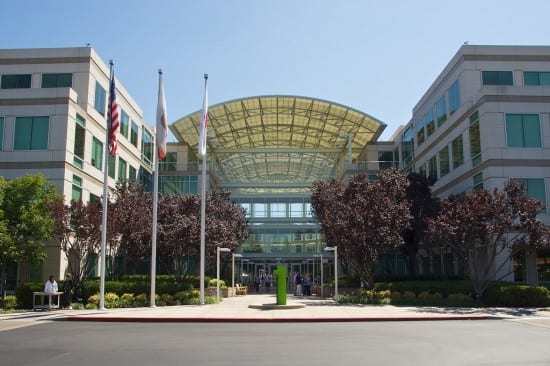Apple Inc. (NASDAQ:AAPL) has been set free by a federal jury in Texas in case of infringement of five wireless technology patents. These patents were owned by Conversant Intellectual Property Management Inc, a Canada-based patent licensing firm.
In 2012, Core Wireless Licensing Sarl (a subsidiary of Conversant) filed a case against Apple on charges of using the former’s patents on wireless data transmission in its iPhones and iPads, without consent.
After deliberating the case for around five hours, the jury issued its verdict on Monday night. The appellant company had raised a demand of $100 million against Apple to compensate for damages. Also, it was seeking a share in sales of Apple’s devices and other future devices. However, Apple contradicted the damages, if any, would not be more than $1 million. It also claimed that Core Wireless was in fact at fault since it failed to get its patents licensed. However, this claim has been rejected by the jury.
Core Wireless was acquired by Conversant in 2011 along with its 2,000 Nokia Corporation ADR’s (NYSE:NOK) patents and patent applications. At the said time, Microsoft Corporation (NASDAQ:MSFT) had a written agreement, with the company to use those patents.
As part of purchase agreement, Conversant had agreed that it would return two-third of any revenue generated from licensing and litigate the patents back to Nokia and Microsoft. However, there is no official confirmation whether such agreement is still existing or not.
At the time of originally filing the case, Core Wireless had claimed that Apple infringed more than a dozen of its patents. However, during the course of litigation, several patents were removed from the litigation leaving only five at the end of the case.
It may be noted that in the U.S., Apple is the most popular company, which other companies target to make profit through licensing and enforcement of patents, rather than manufacturing the product themselves.









